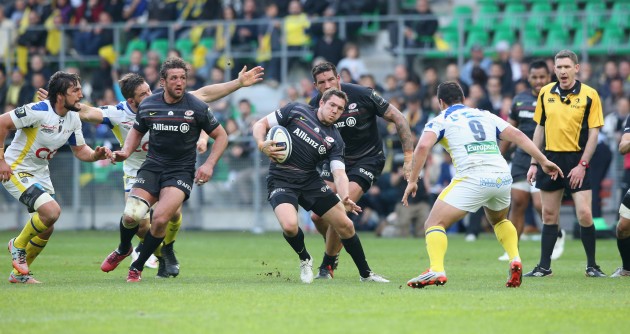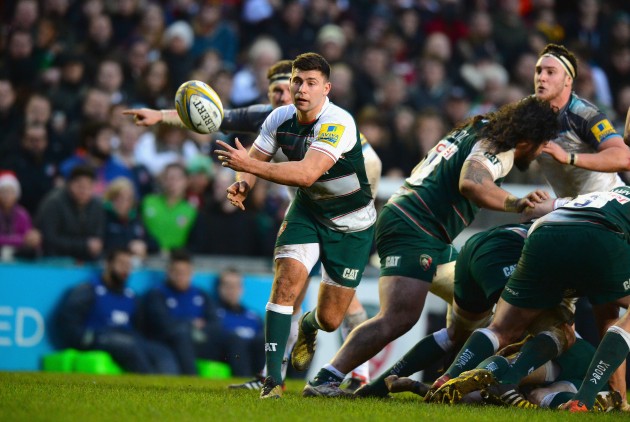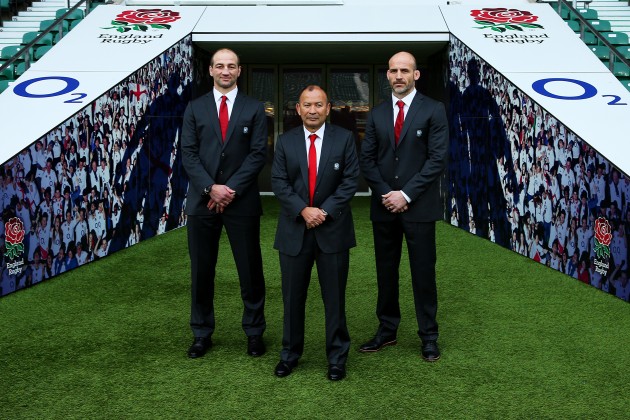With a phalanx of rugby superstars converging on England a note of caution must be issued to make sure the Premiership avoids diluting its hard-earned identity
By Alex Shaw
‘Tis the season of spending in the Aviva Premiership, as owners up and down the country dust off the chequebooks to bolster their squads ahead of the 2016/17 season.
Springbok legend Schalk Burger has been snapped up by Saracens, French behemoth Louis Picamoles by Northampton Saints, Welsh back rower Taulupe Faletau has been snaffled by Bath, while Leicester Tigers have announced the impending arrivals of both Matt Toomua and JP Pietersen, adding further cutting edge to their back line.
The £1m increase to the senior salary cap for the 2016/17 season (which will be further increased by an additional £500k for the 2017/18 season) has certainly seen Premiership clubs enjoy increased ability to compete with the big-spending French clubs, despite the Top 14’s salary cap still comfortably exceeding that of the Premiership.
Whilst understandably enjoying this freedom to spend and attract some of the best players in the world, Premiership Directors of Rugby need to be careful they don’t ignore their academies and lose the identity of their sides in the process.
English rugby has the luxury of being able to pick players from a top tier of 12 clubs. Consequently, there is not the onus on Premiership clubs to field almost universally native squads, such as you would find in Wales, Ireland or any of the southern hemisphere nations. Like France and the Top 14, England can prosper (contrary to recent results for both nations) with a lower percentage of home-grown players in Premiership squads than we currently see in the Guinness PRO12 or Super Rugby.
With increased money being pumped into the Premiership clubs via TV deals, improved attendances and the support of ambitious owners, English rugby now sits at a crossroads.
If they take the road travelled by the French sides and continue to import foreign talents, they risk damaging the English national team. Whilst club owners may argue that is not their responsibility to ensure the English national team is successful or that, quite rightly, there is still plenty of French talent in the Top 14 despite those clubs heavily importing, it’s a dangerous path to tread.
Down the other road, they have balance. Teams supplementing home-grown squads with a handful of star players, keeping themselves competitive in the European Rugby Champions Cup and continuing to contribute heavily to the England squad. It’s not quite walking a tightrope, but it’s a hard balance to strike and then, importantly, maintain.
Saracens are one side who seem to have found this equilibrium. They will add Burger to a back row likely consisting of Will Fraser and Billy Vunipola next season, whilst the first choice tight five will also feature Maro Itoje, George Kruis, Mako Vunipola and Jamie George. There’s no doubt that Burger adds to that group, making them more competitive in the Premiership and Europe, and his experience will be of real benefit to those young English players.
On the other hand, you have Leicester’s new-look back line. Ben Youngs and Manu Tuilagi are unlikely to lose their places, but with Toomua, Pietersen, Owen Williams, Telusa Veainu and Peter Betham (and Jean de Villiers if his contract is extended) all contracted at Welford Road next season, it’s difficult to see where other English-qualified players are going to get their opportunities.
Yes, the likes of Matt Smith, Mathew Tait and Freddie Burns will be rotated in and used as depth, but then where does the experience come from for emerging talents such as George Catchpole, Paolo Odogwu and Jacob Umaga?
The table below details the percentages of 2015/16 Premiership squads which have been produced at the club’s own academy, as well as the proportion of those squads that are English-qualified. For the purposes of this article, only players on senior contracts with the clubs were counted.
| Club | % of squad from own academy | % of squad English-qualified |
| Bath | 23.7% | 71.1% |
| Exeter Chiefs | 20.9% | 67.4% |
| Gloucester | 31.7% | 58.5% |
| Harlequins | 47.4% | 71.1% |
| Leicester Tigers | 30.4% | 52.2% |
| London Irish | 15% | 45% |
| Newcastle Falcons | 26.8% | 46.3% |
| Northampton Saints | 24.3% | 72.9% |
| Sale Sharks | 34.2% | 55.3% |
| Saracens | 30.2% | 58.1% |
| Wasps | 21.4% | 54.8% |
| Worcester Warriors | 16.7% | 58.3% |
Of course, there are hidden stories and mitigating circumstances behind many of those numbers. London Irish, who sit at the bottom of both categories, have recently seen many of their star home-grown players leave for ‘bigger’ clubs, while Worcester and Newcastle have both recruited heavily to try and avoid relegation.
The percentages for Exeter, Harlequins, Northampton and Saracens, in both categories, could well rise over the next few months as many of their talented current academy crops are given senior contracts, but there is concern at clubs such as Bath, Leicester and Wasps.
Bath and Leicester have a plethora of gifted individuals floating around their academy and ‘A’ sides but with owners impatient for success and DoRs keen to remain in employment, recruiting has taken over as the preferred way of improving their squads. With their confirmed signings and departures for the ‘16/17 season, Bath’s percentage of academy products will dwindle to below 20%, whilst Leicester’s EQP selection will almost certainly fall below the 50% mark.
The percentage of English or EQ players is currently at a level which should allow Eddie Jones and his assistants to put together a successful national team, but if it drops much further, it will begin to put pressure on the Australian. Across the 12 Premiership clubs, there are around 280 players available to England who are on senior contracts, although obviously not all of those players are regulars for their clubs.
English rugby is fortunate that this wave of new money into the Premiership has coincided with a generation of extremely-gifted young English players. The work Stuart Lancaster did with the age-grades as Head of Elite Development and the improvements that the clubs have made individually with their academies has been bearing plenty of fruit, and very few DoRs will be given the easy excuse of saying they have to import talent because it’s not there to be developed at their own clubs.
Fans want to see local players representing their clubs out on the pitch. Players who have learnt their trade in the club’s academy, worked their way up through the 2nd XV and, finally, get to wear the shirt of the club they love at the highest level.
Premiership sides can seemingly afford a lot of things these days, but losing their identity is not one of them.











